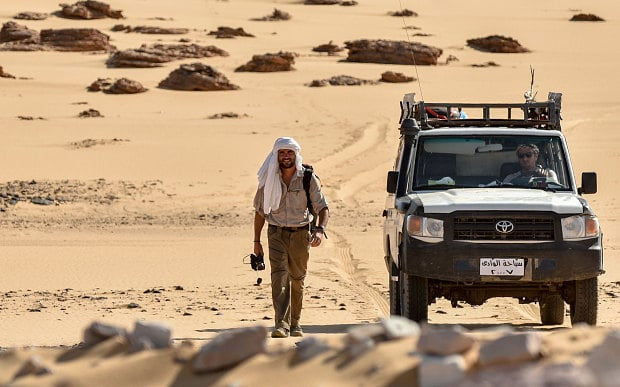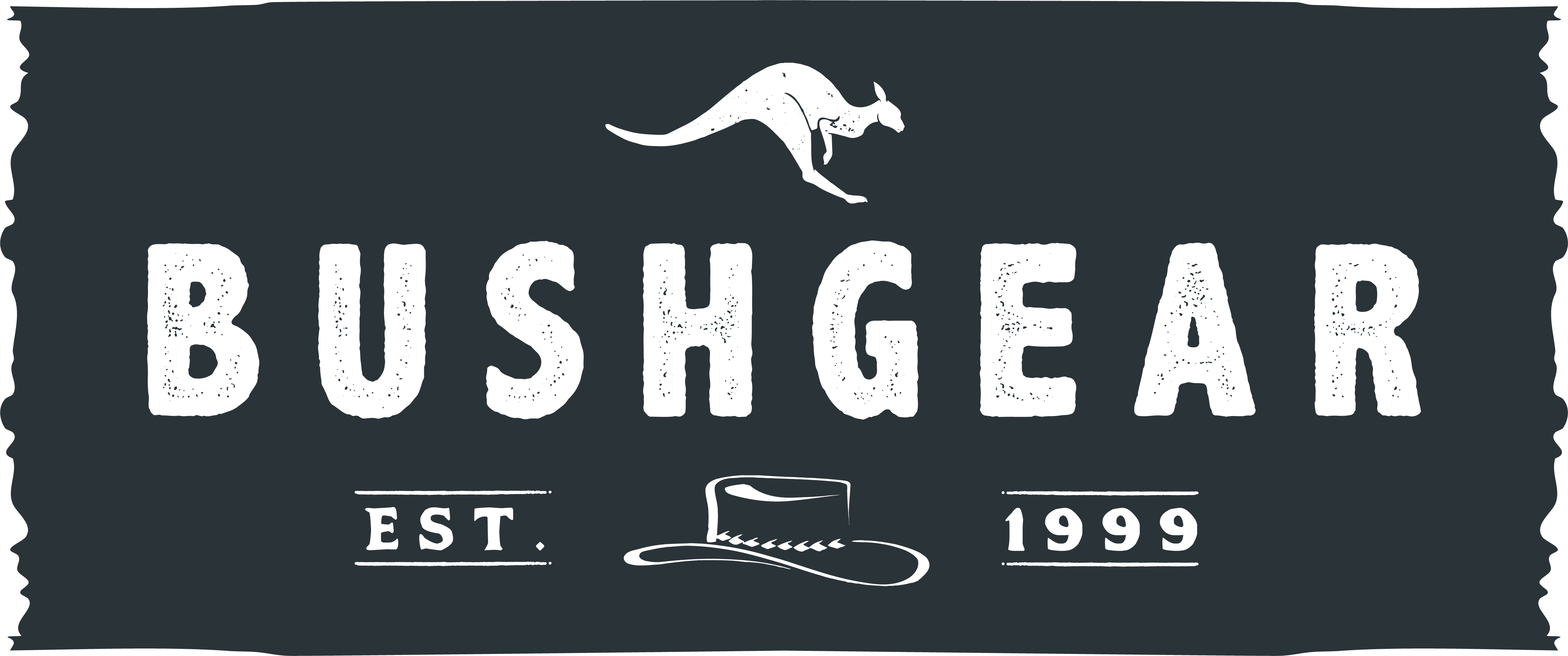
The "Explorer" Gene - Is adventure in your blood?
Having recently gone to a talk hosted by ex-para and expedition guide, Levison Wood, we felt inspired to look into the mechanisms that drive us to discover, innovate and explore.
According to the latest genetic and sociological research, the human drive to "get out there" may well be driven by our DNA, as well as by necessity, evolution and logic.

Speaking roughly, there are currently three main theories, which help us understand the human proclivity for travel and exploration. The first is based in genetics, the second is based in the development of the human anatomy and the third is an amalgamation of the first two.
Let's look at the genetic argument first. Researchers have isolated a gene called DRD4 which controls dopamine, a chemical brain messenger important to learning and reward. A variant of DRD4, known as DRD4-7R, which is carried by approximately 20 percent of the population, has been closely linked with increased curiosity and restlessness. Repeated studies have shown that the presence of 7R makes people more likely to "take risks, explore new places, ideas, food, relationships, drugs, or sexual opportunities; and generally embrace movement, change and adventure. Studies in animals simulating 7R's actions, suggest it increases their taste for both movement and novelty."
According to research, led by Chuansheng Chen of the University of California, the presence of the 7R gene was far more common in present day, migratory cultures, than in settled ones. A larger, more rigorous study in 2011 supported these findings. This study found that 7R tends to be found more frequently in populations whose ancestors migrated longer distances, after they moved out of Africa. That is not to say that the 7R gene made those ancestors particularly restless, just that there is a correlation between a nomadic lifestyle and an increase in the presence of 7R.
Another, even more recent study found that, among Ariaal tribesmen in Africa, those that carry the 7R gene, tend to be better fed and stronger, if they lived in nomadic tribes. In juxtaposition, if 7R carriers lived in settled communities, they tended to be less well nourished.
"The variant’s value, then, like that of many genes and traits, may depend on the surroundings. A restless person may thrive in a changeable environment but wither in a stable one; likewise with any genes that help produce the restlessness."
Kenneth Kidd (lead scientist for the team that initially discovered 7R), argues that the likelihood of 7R being a sole contributing factor to our drive for exploration and discovery, is unlikely. More likely...
" different groups of genes contribute to multiple traits, some allowing us to explore, and others, 7R quite possibly among them, pressing us to do so. It helps, in short, to think not just of the urge to explore but of the ability, not just the motivation but the means. Before you can act on the urge, you need the tools or traits that make exploration possible."
This leads us to a theory that has emerged more recently. Jim Noonan (also of Yale, down the hall from Kenneth Kidd) has come up with a complimentary theory based on the required "traits" to make exploration possible. His research focuses on the genes that build two key systems: our limbs and our brains...
"... if you want to boil this down, I’d say our ability to explore comes from those two systems.”
To put these theories into context, 7R may provide the initial urge for exploration and discovery, whilst our limbs and brains provide the physical means to act upon these urges. Therefore...
"The genes that build our human limbs and brains, Noonan says, are pretty much the same as those that build the same parts of other hominids and apes. Each species’ limbs and brains end up different largely because the construction projects directed by these developmental genes start and stop at different times. In humans the result is legs and hips that let us walk long distances; clever, clever hands; and an even cleverer brain that grows far more slowly but much larger than other ape brains. This triad separates us from other apes and, in small but vital developmental details, from other hominids."
Together, says Noonan, these differences compose a set of traits uniquely suited for creating explorers. We have great mobility, extraordinary dexterity, “and, the big one, brains that can think imaginatively.” And each amplifies the others: Our conceptual imagination greatly magnifies the effect of our mobility and dexterity, which in turn stirs our imaginations further.
“Think of a tool,” says Noonan. “If you can use it well and have imagination, you think of more applications for it.” As you think of more ways to use the tool, you imagine more goals it can help you accomplish.
Being able to create such tools, combined with our ability to use and explore their uses, meant that we could extend our grasp of our environment. Now combine this with a gene that drives us to explore and create, and you begin to get a sense of how "adventure" could be "in your blood".
If you enjoy the great outdoors, like exploring and travel, trying new things and experiences, the likelihood is that you have a genetic predisposition for adventure. Alternatively, you may simply have a natural capacity for creative thinking, combined with the physical ability to act upon these impulses. Either way, getting "out there" opens up the mind up and body and is nourishing to the soul. Travel as much as possible, after all, travel is the only thing you can buy that makes you richer.
The Bushgear Team.
**Special thanks to the National Geographic Society (article entitled "Restless Genes"), Levison Wood, Professors Noonan and Kenneth Kid of Yale University and Professor Chuansheng Chen of the University of California.
